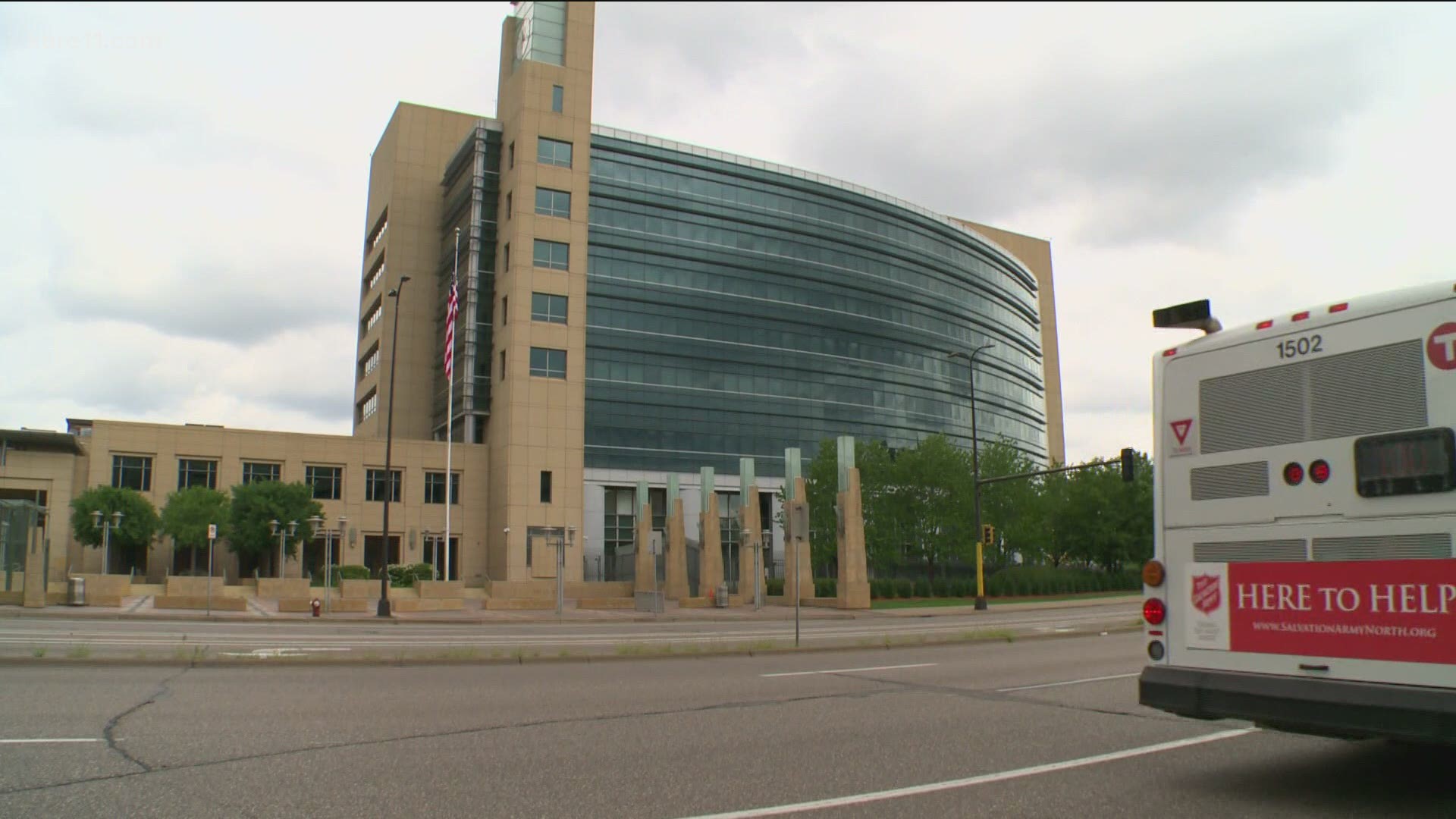MINNEAPOLIS, Minnesota — As the Federal Reserve Bank of Minneapolis plans a return to the office, that includes employees getting vaccinated against COVID-19.
"We've been spending months working with our employees and it's really just about their health and safety. We know that getting vaccinated is the absolute best way you can protect yourself from COVID-19," said Ron Feldman, Minneapolis Fed's chief operating officer.
Out of Minneapolis Fed's 1,100 employees, about 83% are fully vaccinated. The rest will have until the end of August.
"We've spent as much time and effort as we could educating our employees about the benefits of vaccinations, providing access to clinics, reassuring them about any concerns that they had," Feldman said.
Exceptions are being made for those who are not vaccinated due to medical conditions or religious beliefs. But they will be required to wear a mask and social distance while in the office.
The announcement this week comes as the highly contagious delta variant is now present in all 50 states and spreading rapidly.
"These variants thrive, not just in the U.S. of course, when we allow the virus to continue mutating. So the best way to address that is by getting as many people vaccinated as we can and we think we're doing our part," Feldman said.
But some Minnesota employers that initially wanted to require vaccinations later dropped the issue after losing potential new employees.
"Most of our folks are trying the carrot, not the stick approach because we have such a serious work shortage in our settings," said Patti Cullen, president and CEO of Care Providers of Minnesota.
The nonprofit membership association represents providers of services for older adults. Members include nursing homes, senior housing, homecare, hospice care and supporting vendors.
"We have found that if you mandate it you're not going to get people applying, necessarily, especially in rural communities," Cullen said.
Instead, many of their members are using incentives for vaccinations like gift cards and paid time off. Cullen has found one-on-one discussions with trusted people to be highly effective in encouraging vaccinations.
"I think some private companies that may not have the struggles with workforce have a lot more leeway to be able to say, 'We're all going to get vaccinated, that's just good public policy.' We would love to be able to do that we just don't have the workforce," Cullen said.
Minneapolis Fed President and CEO Neel Kashkari posted Wednesday an essay on why the requirement makes sense for them. According to Kashkari, a small percentage of employees have indicated they do not plan to get vaccinated.
While some employees may choose to leave, Feldman said, "We think some people are going to look at this and say, 'I want to be at a place where health and safety of the employees is number one.' So I think we'll be well-positioned. Don't want anyone to go but we're going to have to move on if that happens."
Feldman said employees will have about five weeks to get their first shot. About 90% of employees are working from home but a majority of them will return to the office in mid-September.

